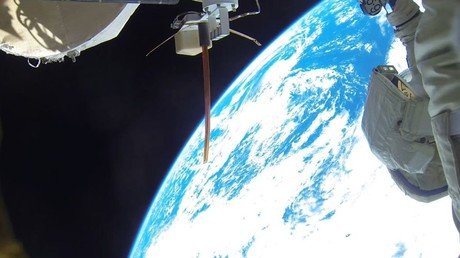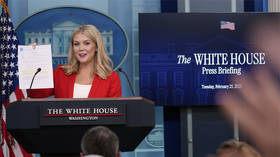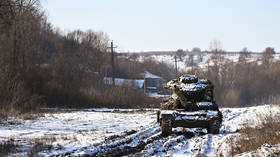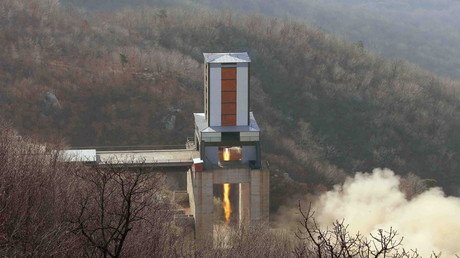Report reveals outdated NASA policy poses contamination risk for Earth, universe
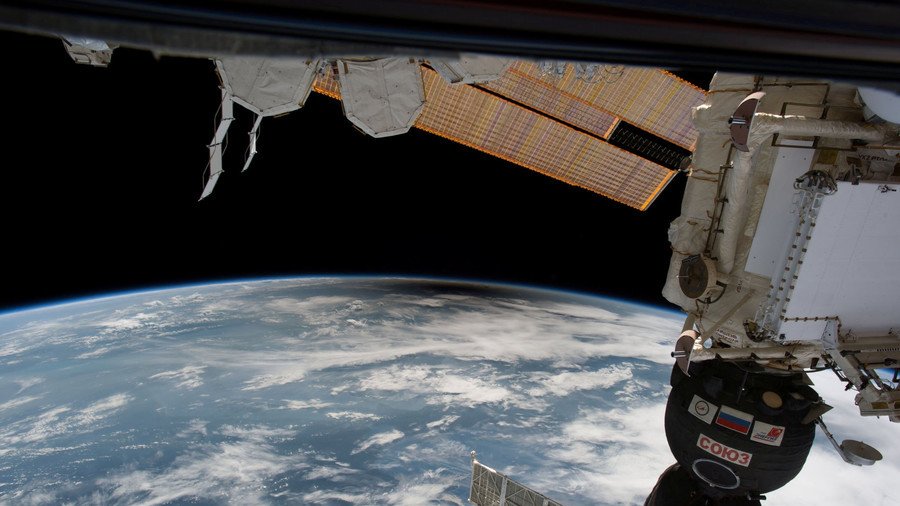
As humans boldly go where no one has been before, the guidelines on how to prevent contamination of these destinations with earthly microbes and vice versa do not meet the reality, according to a new report.
The National Academies of Sciences report shows that NASA's so-called planetary protection policies form half a century ago are in need of reassessment, especially because of “sample return from, and human missions to, Mars” and missions to bodies “possessing water oceans beneath their icy surfaces,” for example Jupiter’s moon Europa.
Creatively named the Review and Assessment of Planetary Protection Policy Development Processes, the report adds that “such microbes might pose a health risk to the returning crew as well as the public on Earth,” hinting that prolonged exposure to space conditions could see microbes mutate, wreak havoc, and risk the health of billions of people.
Russian scientists have previously proven with an experiment called 'Biorisk' that various microorganisms from Earth were able to survive in the harsh conditions of space on the surface of the International Space Station (ISS). It was carried out starting in January 2005 from the Russian segment of the ISS and saw 68 different organisms, including bacteria, insects, vertebrate animal and higher plants, used as test subjects.
The mutated bacteria showed high aggressiveness and resistance to antibiotics on their return to Earth, the Russian report said.
Another concern is that the contamination may affect the assessment of the substances on other planets for the signs of life, in other words, researchers may not be sure if a discovered bacteria is native to a planet, or if it came down with Team Earth. "Soundly framed and executed planetary protection policies will play a critical role in ensuring that space exploration efforts will deliver unambiguous answers about the possibility of life elsewhere in the solar system," said Joseph Alexander, chair of the committee that wrote the report.
The authors of the National Academies of Sciences report say while these policies have worked well for the last 50 years, times are changing: NASA is about to blast off on more complex space missions than ever before.
A spacecraft will soon jet set to Jupiter’s moon of Europa to hunt for signs of life, and a new rover is set to blast off to Mars in 2020.
Professor of aeronautics at Stanford and one of the lead authors of the report, Scott Hubbard, told the tech and science publication The Verge that the need to update the policies is critical, as the space agency intends to bring samples back to Earth. “NASA is undertaking much more complex science missions than in the past, and at the same time they’re having to operate under cost restraints and schedule restraints,” he said. “These missions bring up all sorts of issues about possible contamination, both going there and bringing samples back.”
Authors of the report say that NASA needs more advice from external experts, like microbiologists and geneticists, about what kinds of microbes are resilient and could cause issues for spacecraft.
The report also claims that NASA should come up with a long-term plan and protocols and missions to ensure that regulations are prepared well in advance. “One of the problems we noted is that these planetary protection requirements tend not to be developed until the mission is already underway or getting started,” Hubbard said.
Think your friends would be interested? Share this story!
